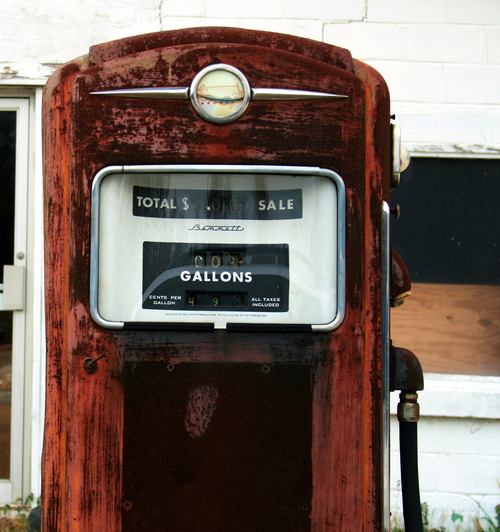Whether premium gas is worth the higher price depends on your specific vehicle and driving habits. Premium gasoline typically has a higher octane rating, which can prevent knocking and pinging in high-performance engines or engines with high compression ratios. Knocking can potentially damage your engine over time. What are the factors to consider when deciding on premium gas?
Factors to Consider When Deciding on Premium Gas
Manufacturer Recommendations
Check your vehicle’s manual to see if the manufacturer recommends or requires the use of premium gasoline. Some high-performance or luxury vehicles may require higher octane fuel for optimal performance and efficiency. Here is a general list of types of vehicles or brands that often require or recommend high-octane fuel (typically 91 octane or higher). However, it’s important to note that specific model years and trims within these brands may have varying octane requirements, so it’s always best to refer to the owner’s manual for the most accurate information. Here are some types of vehicles and brands often associated with requiring high-octane fuel:
Luxury and Performance Cars:
- Audi (certain models)
- BMW (certain models)
- Mercedes-Benz (certain models)
- Porsche (most models)
- Lexus (certain models)
- Jaguar (certain models)
- Ferrari, Lamborghini, and other high-performance sports cars
Sports and Muscle Cars:
- Chevrolet Corvette (most models)
- Dodge Charger SRT and Challenger SRT (most models)
- Ford Mustang GT and Shelby GT350/GT500 (most models)
- High-Performance Sedans:
- BMW M Series
- Mercedes-AMG models
- Cadillac V-Series
Exotic and Supercars:
- McLaren (most models)
- Bugatti (most models)
- Koenigsegg (most models)
- Some SUVs and Crossovers:
- Land Rover Range Rover (some models)
- Porsche Cayenne (some models)
- BMW X5 M and X6 M (most models)
Engine Requirements
If your engine is designed to run on regular gasoline (lower octane), using premium gas may not provide any additional benefits and could be a waste of money.
Performance
If your vehicle’s engine is tuned to benefit from higher octane fuel, you may notice improved performance, such as smoother acceleration and better fuel efficiency.
Cost vs. Benefit for PREMIUM Gas
Calculate the cost difference between regular and premium gasoline and weigh it against any potential fuel efficiency gains or performance improvements. Consider how often you drive and the additional cost over time.
Driving Conditions
If you frequently drive in challenging conditions, such as towing heavy loads or driving at high altitudes, premium gas may offer better performance and efficiency.
Fuel Savings vs. Cost
Consider whether any potential fuel savings from using premium gas outweigh the additional cost. Sometimes, the improved fuel efficiency may not fully offset the higher price of premium fuel.
Consult a Mechanic
If you’re unsure whether your vehicle would benefit from premium gasoline, consult a mechanic or contact your vehicle’s manufacturer for guidance. If you need to find a local and trustworthy mechanic, reach out to Openbay.
Why it Matters
If your vehicle requires or is designed to benefit from higher octane fuel, using premium gas is worth it for optimal performance and to avoid potential engine damage. However, if your vehicle runs well on regular gasoline and does not require premium, using it may not provide significant benefits to justify the higher cost.

